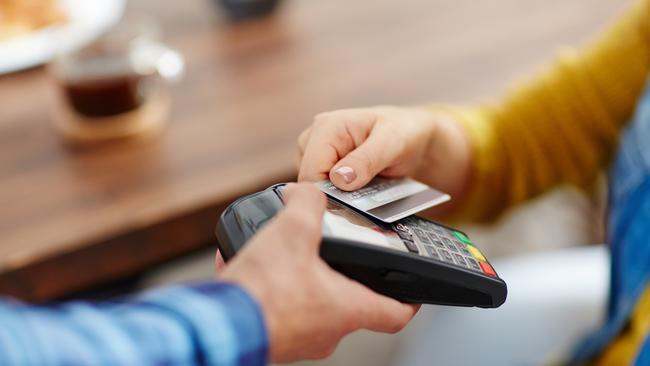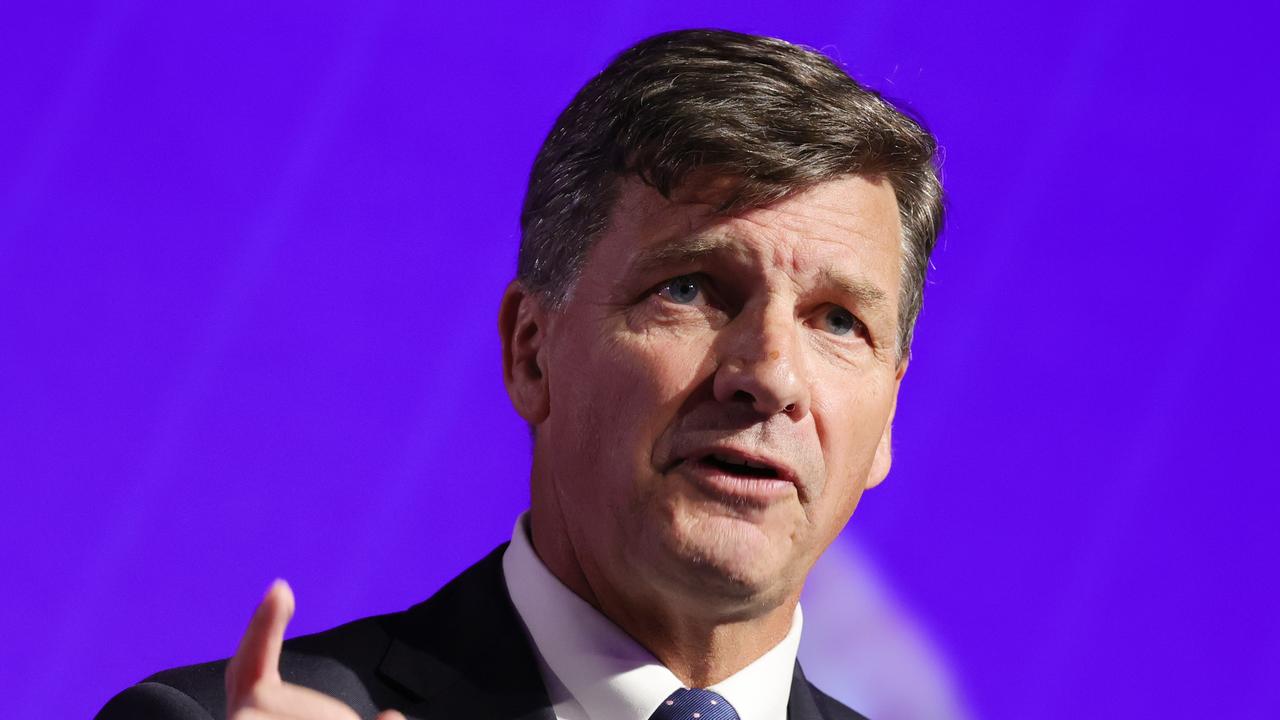Credit card debts tumble amid economic uncertainty
Record drop in national credit card debt as Australians slow spending and cut up cards to chase new mortgages and explore options like Afterpay.

Australians are limiting their credit card spending and paying down debt amid nervousness about the future strength of the economy.
According to the latest RBA data, Australians wiped $1.64bn off their credit card debts in May, bringing the nation’s total credit card debt to its lowest level since 2007.
It was the biggest monthly drop in credit card debt on record, and came as retail purchases remained curtailed by the effects of coronavirus trading restrictions.
“People have taken the bull by the horns when it comes to paying off debt and cutting up their credit cards,” said RateCity research director Sally Tindall.
“In April and May, Australians have wiped almost $3.2bn off the total debt accruing interest on credit cards.”
Consumers spent $5.82bn less on their credit cards in May 2020 compared with the same month a year ago, while the number of credit card accounts has dropped by 1.22 million year-on-year.
That lower monthly spend figure was also partly thanks to young people turning to “buy-now, pay-later” platforms like Afterpay, regulatory changes in credit card approval, as well as people chopping up their credit cards to fulfil home loan serviceability criteria.
“Tough new government regulations have made it harder for people to get credit cards, while some customers are choosing to close their credit card accounts to get their home loan application over the line,” Ms Tindall said.
“The biggest factor, however, is likely to be the shift to buy-now-pay-later services, which are seeing incredible growth and no sign of slowing down.
“Even the big players in the credit card space, such as CBA and Visa have made moves into the buy-now-pay-later arena, knowing that credit cards are no longer the kingpin of credit.”
Meanwhile, lockdown has been “the perfect opportunity” for many families to save on discretionary spending such as travel and eating out and through government support such as free childcare, Ms Tindall said, which has helped them get a handle on their credit card debt, particularly if they’ve managed to keep their jobs.
The early access to superannuation program is also seen as a likely major contributor to the drop in credit card debt, with some Australians opting to use their super to clear their credit card debt.
Reserve Bank governor Philip Lowe said in a statement on Tuesday that the Australian economy was experiencing its biggest contraction since the 1930s, though the central bank was starting to see gradual signs of improvement, including a pick-up in retail spending.
“Uncertainty about the health situation and the future strength of the economy is making many households and businesses cautious, and this is affecting consumption and investment plans,” the statement said.
He described the outlook as uncertain and said the recovery was expected to be bumpy.
Australia has seen a sharp rise in unemployment since March this year, with 800,000 people having lost their jobs as a result of fallout from the COVID-19 pandemic.



To join the conversation, please log in. Don't have an account? Register
Join the conversation, you are commenting as Logout